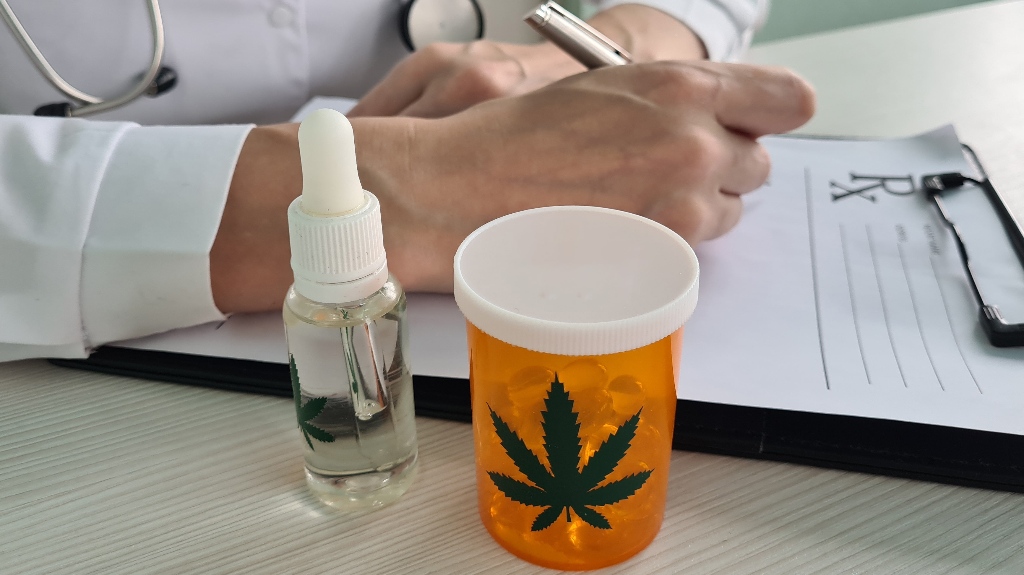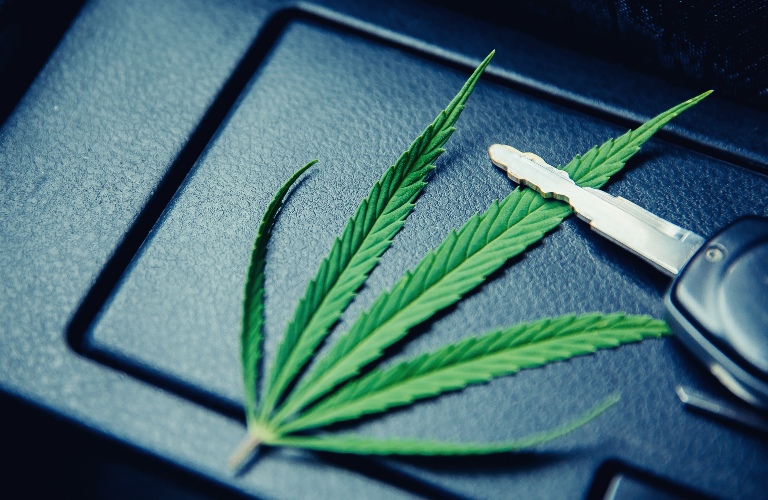
Oklahoma’s medical cannabis program has empowered thousands of patients to manage chronic conditions with greater autonomy. However, legal use does not mean unrestricted use, especially when it comes to driving and engaging in daily activities that require alertness, coordination, or responsibility. With recent legislative updates like SB 54 reshaping DUI enforcement, it is more important than ever for medical cannabis patients to understand the boundaries of safe and lawful use.
The experienced attorneys at Brune Law Firm help you understand how to use medical cannabis safely when handling daily life activities like driving. Schedule a meeting today to learn more.
Driving Under the Influence: What Oklahoma Patients Must Know
Under Oklahoma law, driving with any detectable amount of THC or its metabolites in your system can trigger a DUI-D (Driving Under the Influence of Drugs) charge. This may be true even if you are not actively impaired at the time. This is especially concerning for medical cannabis users, as THC metabolites can linger in the body for days or weeks depending on usage frequency.
Key risks under SB 54, effective Nov 1, 2025, include the following:
- Aggravated DUI Charges: Apply if THC metabolites are present and any of the following occur:
- Involvement in a traffic accident
- Reckless driving or improper lane use
- Speeding 20+ mph over the limit (or 10+ mph in a school zone)
- Eluding law enforcement
- Having a passenger under age 18
- Felony Penalties: Include mandatory jail time, even for first-time offenders, with no option for probation or deferred sentencing.
- No 2-hour Test Window: Prosecutors can use THC test results from any time post-arrest to establish guilt.
Even if you feel sober, residual THC can lead to serious legal consequences. Avoid driving for at least 24–48 hours after cannabis use, and consult a medical professional about your personal metabolization rate.
Daily Activities That Require Caution
Medical cannabis can affect motor skills, reaction time, and cognitive clarity. Patients should exercise caution when engaging in activities that demand focus, coordination, or responsibility.
Activities to avoid while under the influence include, but are not limited to:
- Operating heavy machinery or power tools
- Supervising children or vulnerable adults
- Performing tasks that require precision (e.g., cooking with open flames, climbing ladders)
- Making legal or financial decisions
- Handling firearms or other weapons
Even low-dose THC products can impair judgment, especially when combined with other medications or alcohol. Always monitor how your body responds and avoid multitasking during peak effects.
Safe Use at Home and in Public
Oklahoma law permits medical cannabis use in private residences, but public consumption remains prohibited. Patients should also be mindful of secondhand exposure risks, especially around children, pets, or individuals with respiratory conditions.
Best practices for safe use:
- Store cannabis products in childproof containers, away from food and medicine.
- Avoid vaping or smoking indoors if others are present.
- Never share medical cannabis with non-cardholders, it is illegal and can result in criminal charges.
- Use edibles and tinctures responsibly. Delayed onset can lead to accidental overconsumption.
Labeling, Transportation, and Compliance

Patients transporting cannabis must follow strict OMMA guidelines to avoid trafficking charges, even if the product is legally purchased.
Transportation rules include:
- Cannabis must be sealed, labeled, and stored in a locked container.
- The container must be separate from the driver and passengers.
- A pre-planned route is required; deviations can result in arrest.
- All documentation (OMMA license, product receipts) must be readily available.
Ignorance of these rules is not a defense. Always review the latest OMMA regulations before traveling with cannabis.
Let an Oklahoma Medical Cannabis Attorney Help You
Medical cannabis is a powerful tool for wellness but it comes with responsibilities. By following these safety guidelines, Oklahoma patients can protect themselves legally, physically, and socially while continuing to benefit from their treatment. When in doubt, pause and reassess. Safety always comes first.
Let the experienced lawyers at Brune Law Firm assist you with your cannabis-related legal needs. Contact us today for a consultation.

